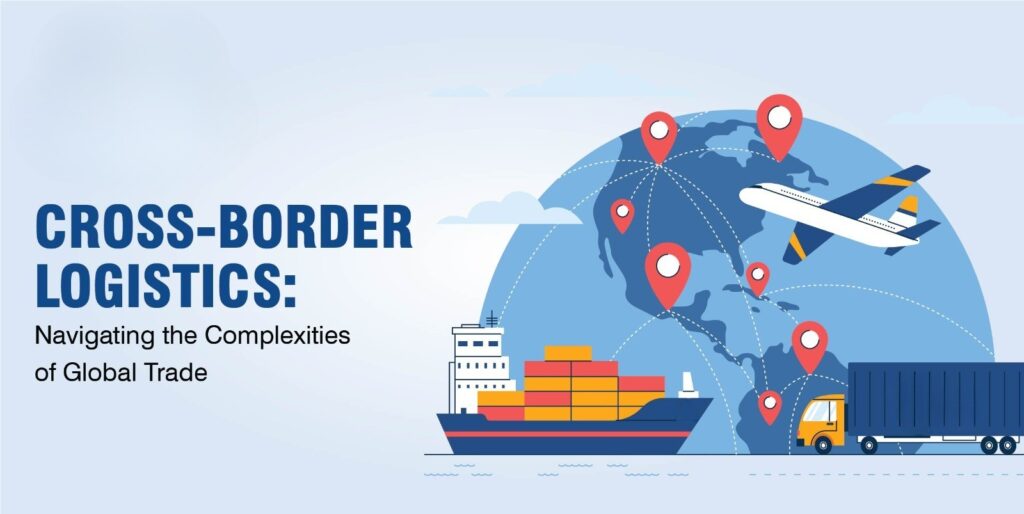International trade has become increasingly complex, driven by evolving trade regulations, geopolitical tensions, and stricter customs policies. As global supply chains expand, businesses must adapt quickly to manage cross-border operations effectively.
Navigating Ever-Changing Customs Regulations
Customs clearance remains one of the most significant hurdles in international logistics. Countries frequently update their import-export policies, making compliance a moving target. Logistics providers must constantly stay updated with regulations to avoid shipment delays, fines, or seizure of goods.
Moreover, different countries interpret similar trade rules in varying ways, complicating the clearance process. As a result, companies now employ specialized customs brokers and digital platforms to streamline documentation and ensure regulatory compliance.
Trade Agreements: A Double-Edged Sword
While trade agreements aim to simplify global commerce, inconsistent implementation often creates more confusion. Regional trade deals or bilateral agreements between countries bring both opportunity and uncertainty.
For instance, the recent US-China tariff truce has offered some breathing room for exporters and importers on both sides. However, such temporary pauses do not guarantee long-term stability. Businesses must prepare for sudden shifts, as future negotiations could reintroduce tariffs or new non-tariff barriers.
Geopolitical Tensions Reshape Trade Routes
Geopolitical instability significantly affects international logistics. Ongoing conflicts, economic sanctions, and diplomatic rifts can instantly reroute supply chains or block trade routes. The Russia-Ukraine conflict and Red Sea attacks have led to soaring freight rates and longer transit times.
Additionally, tensions between superpowers like the US and China have driven companies to re-evaluate sourcing strategies. Many firms now adopt a “China plus one” policy, diversifying manufacturing locations to reduce dependence on a single country.
Digital Tools Offer Strategic Advantages
Amid these disruptions, digital technologies are helping businesses gain better visibility and control over their global supply chains. Customs clearance platforms automate document filing, reduce manual errors, and accelerate border inspections.
Furthermore, AI-driven trade compliance tools can assess tariff implications and flag potential violations before they become costly mistakes. These innovations allow companies to respond faster and make more informed decisions in volatile trade environments.
Best Practices for Seamless Cross-Border Movement
To ensure smooth cross-border flow, industry experts recommend a few key strategies. First, businesses must invest in strong relationships with freight forwarders, customs agents, and international logistics partners. These networks become critical when navigating unexpected regulatory changes.
Second, thorough documentation must accompany every shipment. Incomplete or inaccurate paperwork remains the top reason for border delays and penalties. Therefore, companies should adopt automated systems to validate forms before submission.
Lastly, scenario planning and risk assessment should become core parts of international logistics strategy. Organizations must continuously model supply chain disruptions and prepare alternative transport or sourcing routes.
Policy Uncertainty Requires Constant Adaptation
Global trade is no longer just about moving goods from one country to another. It involves understanding multiple layers of legal, political, and economic frameworks. For supply chain professionals, success lies in anticipating changes, staying compliant, and adopting flexible operational models.
Although recent developments like the US-China tariff pause offer temporary relief, the broader landscape remains unpredictable. Only companies that proactively manage their global operations will thrive in the face of uncertainty.

